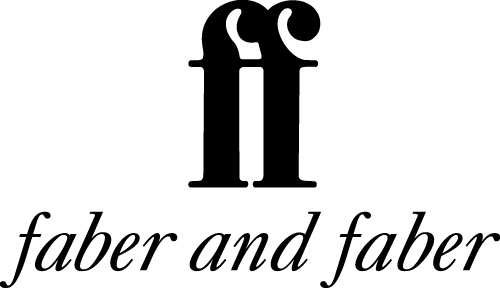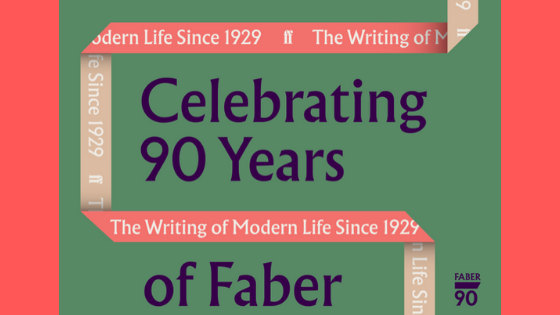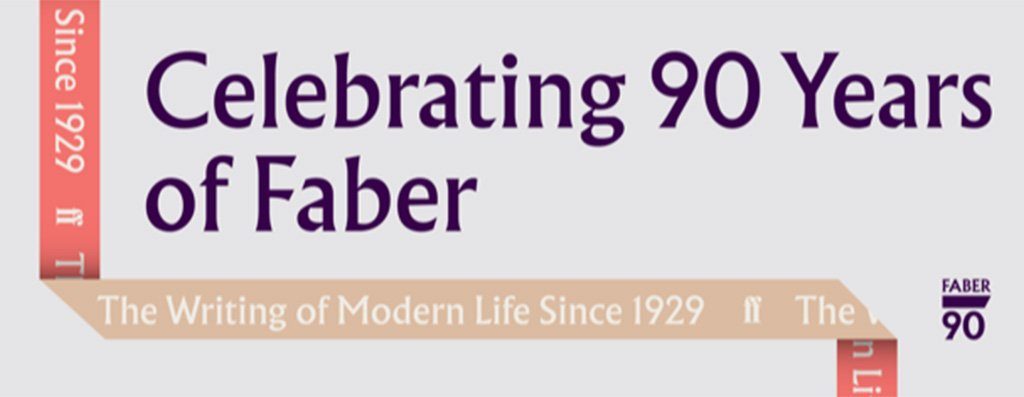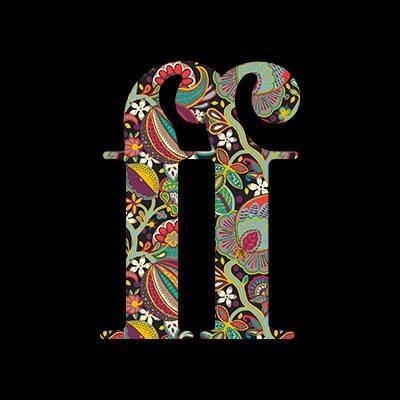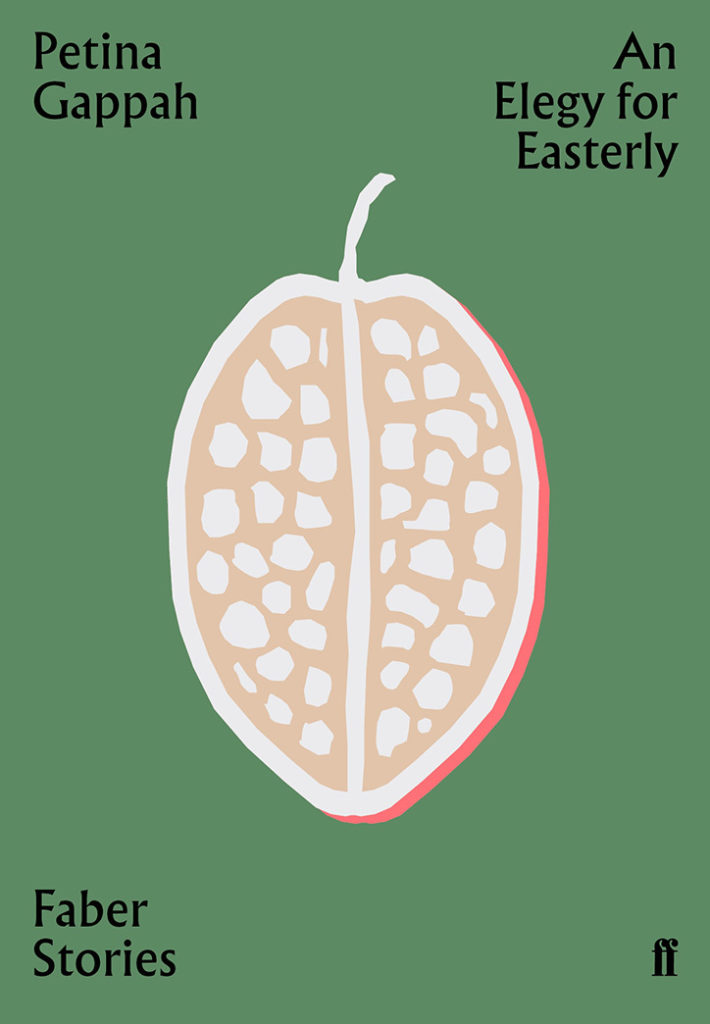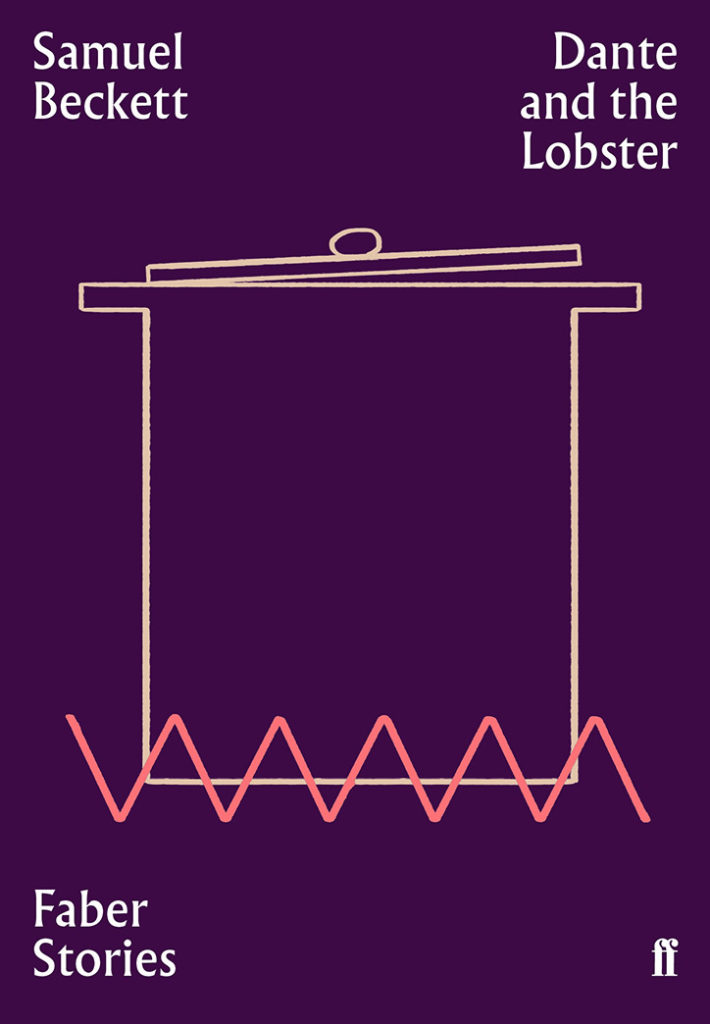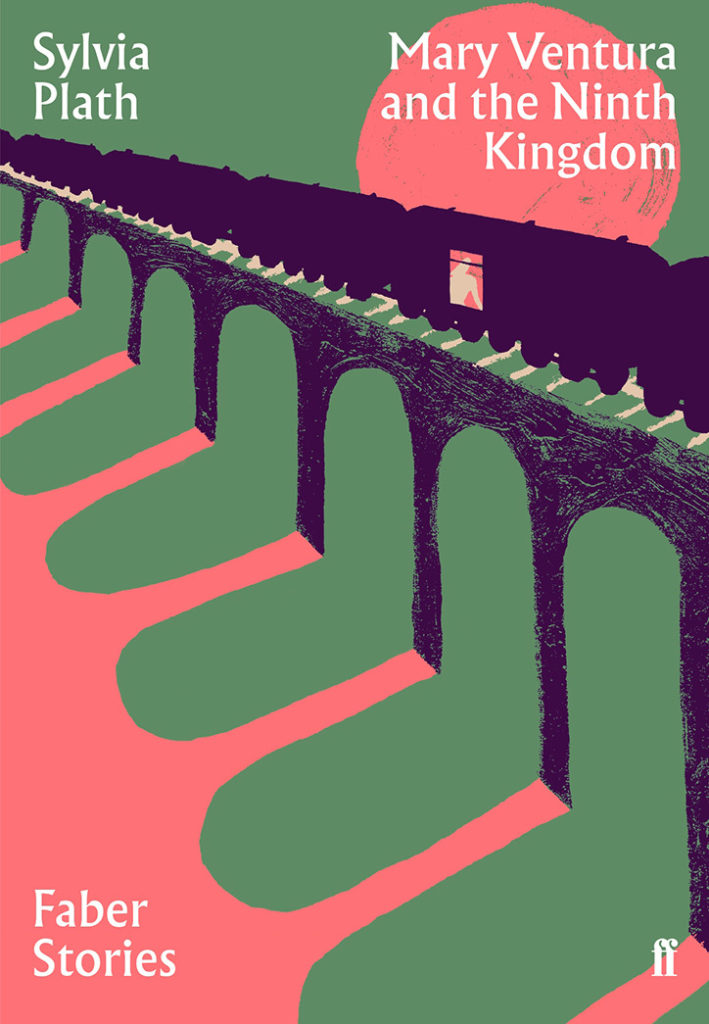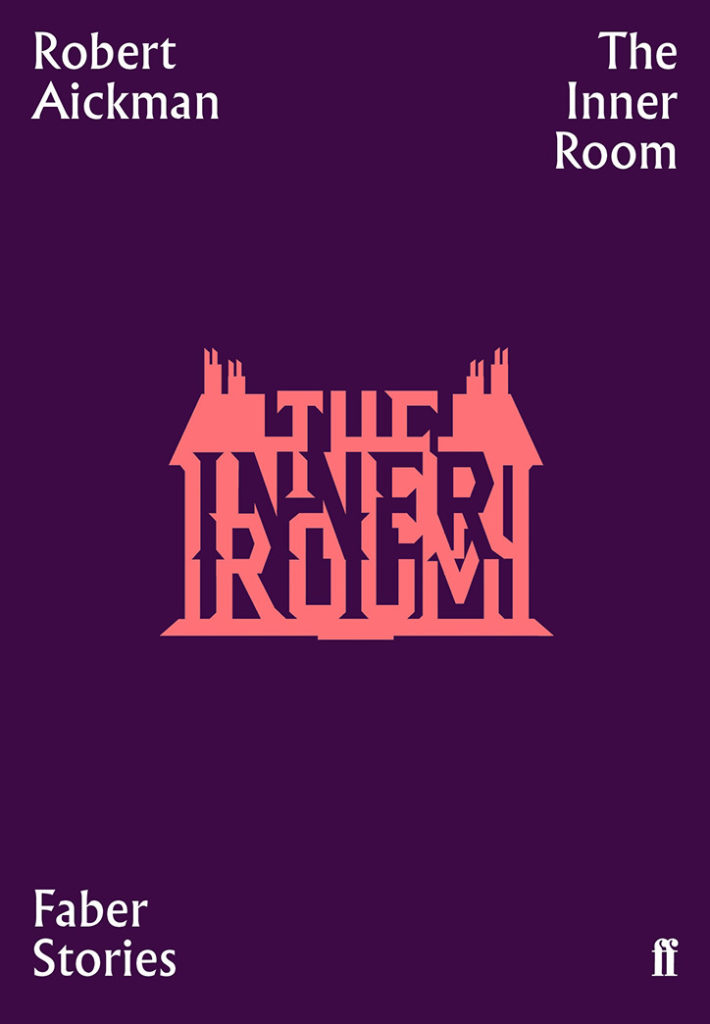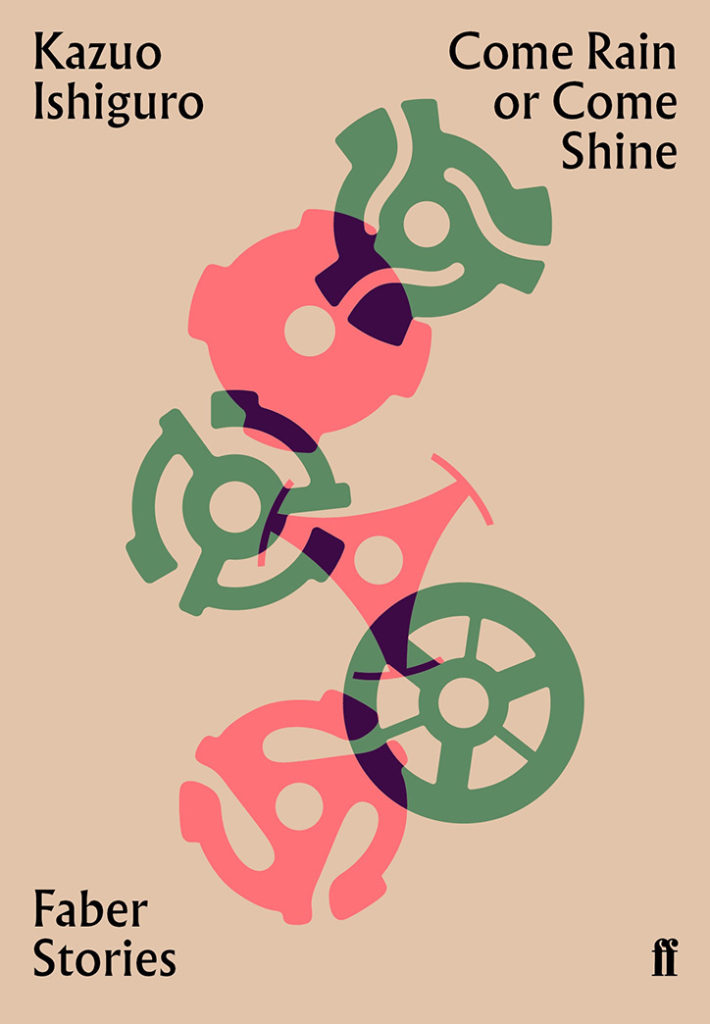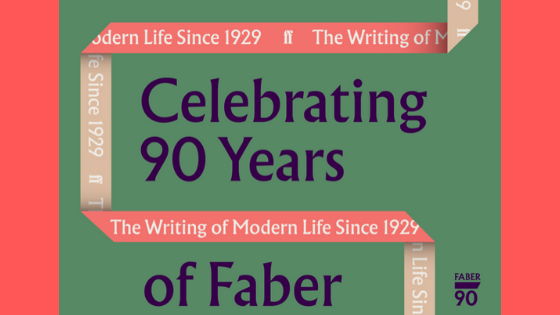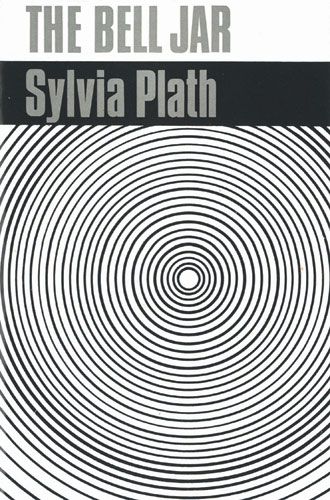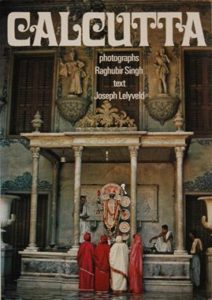Interview with Cypriot writer Hari Spanou
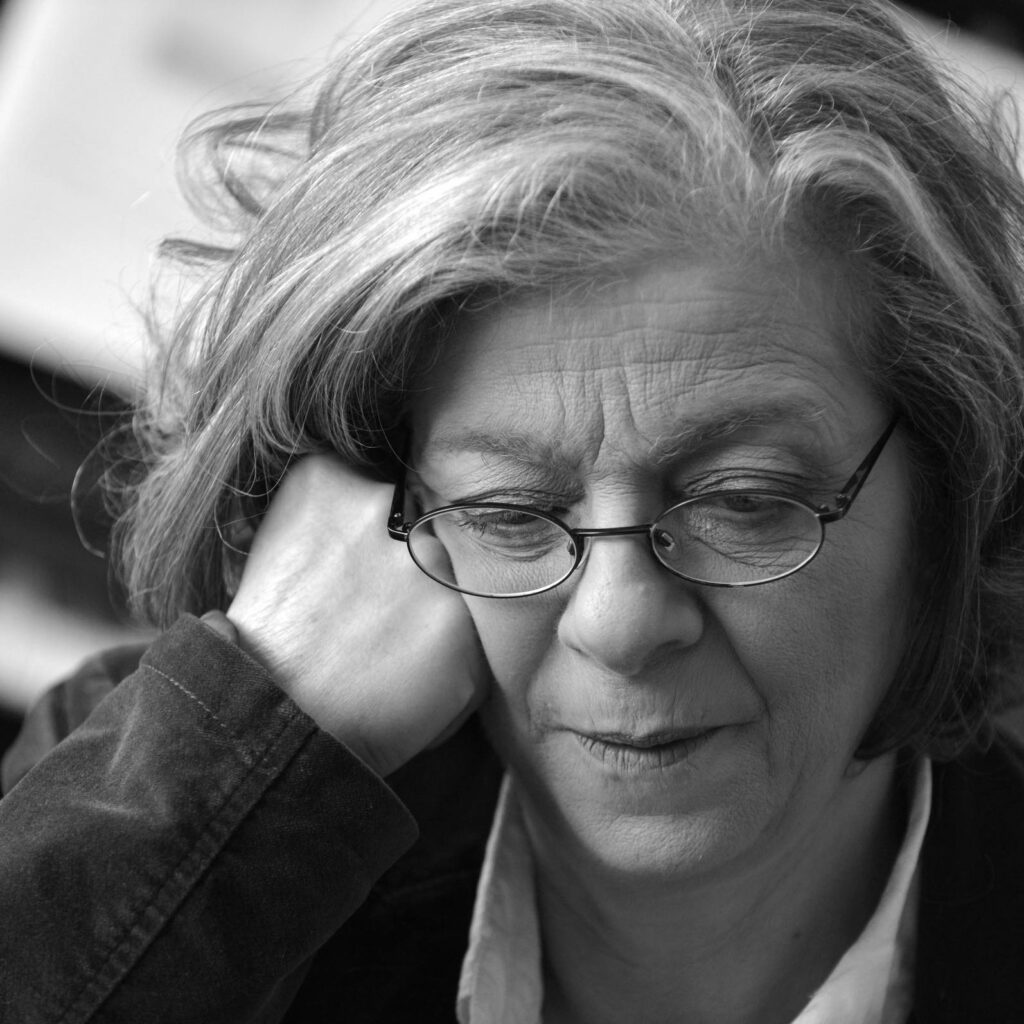
(C) EU
This interview is facilitated by EUPL and funded by the European Union.
I am posting snippets of my correspondence with Hari as it would give readers an insight into how she crafts her writing.
It has taken me a while to respond as I kept having to return to them over and over again. You write from a point of being deeply immersed in Cypriot history. But it is much more than that. It is almost as if writing The Outpost was essential to address some internal questions that you had. Or perhaps conversations and experiences that you had had and needed to get them out into the open. While doing so, get a sense of the shape and form these long suppressed memories, conversations heard, whispers in families etc. It is almost as if it borders on your fundamental duty and responsibility to leave some kind of documentation of those years.
After reading your words, I realised how little I knew about the history of Cyprus. So, I spent a while reading about your country on the Internet. And every time I gathered some information, I went back to your text from the start. It was only after I had learned a fair bit or at least understood the broad markers of modern history, that I finally began to understand the contours of The Outpost. Till then, it was bewildering. I could not understand the perspectives or where was one to begin reading. Was it at the very beginning or could I start from the middle and then return to the beginning of the document.
Dear Jaya,
I thank you warmly for going into so much trouble to learn enough about the historical context and background of Cyprus in order to make sense of The Outpost! My mind is full of thoughts, an almost unavoidable consequence of studying your interesting questions!
****
Born in Cyprus, in 1964, Hari Spanou graduated from the Pancyprian Gymnasium and studied Medicine in Thessaloniki. She works as a physician in Nicosia. From early on her vivid imagination was coupled with writing — she published poems, articles and short stories in literary magazines and newspapers in Cyprus and Greece – she lives in her mind equally as in “reality”. She contemplates that laborious observation, exploring, even imagination is common both in Medicine and Literature; an attempt to comprehend the human condition. She published her first book of fiction Session I – The Dwelling – The Stranger in 2015. It was shortlisted for the Shorts stories and Novella State award. This was followed by a novella Territorial Conditions in 2018 and a novel The Outpost in 2022. The Outpost was chosen by the Cyprus PEN to represent the country at the EUPL in 2023, where it won a special mention. Her novel is currently being translated into Serbian by the Treći Trg.
****
Q1. How do you choose your topics to write upon?
I think that the topics choose me, in the sense that I don’t have an outline of a story and start to write. Whenever I tried to do that, and I have tried it three or four times, once I start to write, the story takes its own course, which is totally different from what I had planned or sketched on a big cardboard using different coloured pens. What seems to happen is I start off with something which persistently nags my mind: a scene or a move or a person, which or whom I cannot see clearly. And then, it’s as if writing creates some motion, like the movement of a semitransparent curtain, gradually the forms become more visible, I can imagine a waiter moving towards a young lady sitting outside in a café watching the pigeons feed off a plate left on a nearby table. Thus, the story starts to unfold and then I can try to fit in a dialogue about something that interests me. Sometimes it doesn’t fit at all, like a piece of a puzzle which looks right but isn’t right. I have learned that forcing a piece to fit is not wise. For example, trying to force a fictional character to do what I have in mind, doesn’t always work, sometimes it does but not always. That “resistance” forces me to move in another direction, perhaps bring in another character or make an earthquake happen. Of course, this semi dark cave, that is my mind or any writer’s mind contains some known ideas and many more potential seeds and some deeper cavities which seem completely off bounds. It’s like a game of hide and seek with one’s self. Until now, every time I start off to write a story it becomes an adventure.
Q2. Do you write to be read or do you write to read what you wish to read?
Actually, I think neither of these two suppositions describes the motive behind my writing. Writing is like an attempt to learn or to approach a particular “unknown” dark box and find out what is hidden in it or what you can invent to hide in it. It feels like a quest or a journey. I publish what I write if I can imagine someone else becoming interested in this journal of the journey.
Q3. How do you write about a war that is in the past when our present times are engulfed in continual conflicts? How do you hear yourself think?
Let me start with the second part of your question because I think it addresses a very core issue, and by this, I mean the poetics of writing. The analogy that comes to mind is childish, in the literary sense: I imagine the writer like a toddler who has acquired some skills – has formed a “self” but at the same time is overwhelmed by all kinds of stimuli; he perceives impulses from the self (mind and body), the outside world and the world of dreams – the writer like the toddler tries to “weave” all these, to make some sense, to overcome the chaos and create a structure. I presume this is the way that I hear myself think. Consequently, having all this in mind, I would address the first part of your question: this complex dialogue that takes place inside my writer’s mind, between the past and the present gives birth to a “structure”, a “story”.
Q4. How do you speak to individuals who are living in this “post-modernist world”, each one living in his/her own bubble? How do you create that bridge of communication with the younger generation? Has technology impacted the creation of modern literature?
I find myself having different attitudes, which are most probably affected by various factors. Breaking one’s bubble seems to me to be an innate human need. And by that, I mean interact with the environment: people, sentiments, animals, trees, the sky, the universe, ideas, Art. Break free. At the same time, I realize the human need to isolate to search and concentrate on oneself, heal from the trauma of being exposed in the world or focus on a particular matter. What bothers me is doing nothing or being in a state of inertia or being uninterested in anything. I wonder, sometimes, when I fail to communicate with younger people even on a basic level, what goes on in their mind. Sometimes I try to shock or amaze them by showing the unknown, the beauty or the complexity of the world outside. What we, elders, mostly fail to do though, is dare to remove their headphones and their phones for a few days; it seems as if we are, in a way, convinced that it is a deprivation of something vital, like food and water, or shelter or freedom. And that says something about us, the generation, which created the technology which our children and youngsters use.
Creating bridges presupposes that the both sides want to meet, in some way or another. I mean historically bridges were built to be able to move easily from one side of a river or a mountain to another, or because the left bank people were curious to find out, what they saw or imagined would be on the right bank of a river or a mountain.
If we have reached a point in human history at which we have managed to kill the need for human connection, the motive to learn, to create, or the move towards Freedom, which drives towards Rebellion against the Force which enslaves us, then I think what we consider Human history has ended. Whatever follows, will be something else. And I’m not getting signs that it will be better…
Your question about the creation of Modern Literature is interesting but I’m afraid I don’t have anything original to say because I have not read or thought enough on the topic.
Q5. What is the importance of literature? The conversations in The Outpost regarding conflict resolution and separation vs occupation and much else indicate the sensitivity that one needs to employ while using words. Has the English translation been able to accommodate the vocabulary and the sentiments that you wanted to convey in the original language, Greek? What is the significance of creating Art?
Literature is (alongside Philosophy), I have come to think, one of the best means to learn what humanity thinks, what it imagines and what questions it poses to its self. I think manages to do that more inclusively than Science can.
The question about the words one employs to convey meanings is extremely important. I suppose we can agree that every language is not the same, not in the sense that there are richer and poorer languages but because at each historical phase, language carries the burden of the particular role of the people who use it. This becomes more evident in the language Government agencies and newspapers and the media use in different areas of the world. But it also permeates other forms of language like Literature. I think that the English translation of certain passages could be improved, but it was done for the use by the EUPL jury, so there was not any communication between writer and translator.
Hm, the significance of Art! I think that the best way to find the answer to this question is walk through a museum or a prehistoric site and study the artifacts which humans have created at the dawn of civilization.
Q6. In India, there are writers who may know more than one language, but will choose to write in English. Mostly because they think it gives them access to a larger market of readers. You speak English fluently, at least in the interviews that I have heard, so why do you choose to write only in Greek?
This particular question has generated multiple thoughts in my mind on various different levels, political and historical not excluded. I feel that I have a long way to go, but let me be candid and share my thoughts as they are at present. Besides sharing a colonial past, India and Cyprus are in many ways completely different; India is vast and rich in resources, a subcontinent, Cyprus is a miniature semi-occupied island one can barely find on the map. However, it’s an ongoing enigma to me that English, besides being today’s lingua Franca, is still in practice an “official” language in India, its everyday use is extensive and so many newspapers and books are printed in English. This makes sense because of the myriad of languages and dialects present in India and the political issues that can stem from this.
My English I good but I have never thought of writing prose in English; to be exact, not up until recently!
The first reason, I guess, is ideological. In Cyprus there is a long and complicated history which originates in the 19th century’s beginning of British colonization – the Greek population’s identity was systemically attacked and disputed, the same happened with its language. The last 63 years of stormy Independence have complicated things even more; language level included. The Greek language and its use in Literature remains a form of resistance to various systemic attempts of corroding our identity… I can understand that this can seem hilarious for foreigners.
The second reason, I guess will make much more sense.
Literature in Greek is Λογοτεχνία from [Λόγος] = speech, discourse, saying, reason and [Τέχνη]= Art, so it is The Art of Writing. I consider Language a fundamental component of Literature. I think that language is not just a means of communication; it is a force which intrinsically carries meanings, memory and history. These factors, I consider crucial in Literature. The word “sea” is “θάλασσα” in Greek, but θάλασσα (thalassa) feels, sounds, smells, tastes different than sea; it’s salty water, I know.
I have been reading translated literature since I was an adolescent. It’s essentially important to me to be able to read Icelandic, Czech, Romanian or Arabic literature. I realize that, on some level, this is a contradiction to what I previously wrote.
Sometimes I feel naïve; an outsider; or ridiculous – yeah, before the EUPL experience, I never thought of markets of readers. Literature crossing boundaries is important.
Q7. Why write in the stream of consciousness style of a man who has been executed? What is it that you hope to achieve by this kind of storytelling?
Every conscious person who has experienced his death, violent or “peaceful” knows what happened to him. Those who remain ignorant are we, who are still living. Literature and Art in general naturally dwells and grows on the ground of existential exploration. There are two scenes in the Outpost where two dead people have a voice and tell their story. One of them has been executed, the other died of a heart attack. I suppose I’m not the only human, who thinks about death and dying. So, I think that what I was trying to achieve, is in fact, to shed some light to something which is evident but eludes us. That there is a “missing” part which we attribute to “the missing person” which is “missing” from us, and that is knowledge.
Q8. As a physician, without breaking patient confidentiality, have you been privy to conversations, sharing of memories, anecdotes about missing loved ones or even of the invasion of Cyprus by Turkey and executions in 1974? The Outpost at times sounds like an amalgamation of voices, woven together to tell a story, in as linear a manner as is possible.
The answer is yes, both as a person and as a physician living on the island for many years, one cannot avoid becoming “exposed” to whispered stories about victims suffering violent deaths and missing persons. Imagine the sotto voce fragments and the odd silence of the thousands of survivors as a sort of background noise… This subterranean issue of the 1510 missing persons, young men, soldiers and civilians, young women, middle-aged people, children, babies, elderlies surrounds and affects practically every extended family. Of course, everyone deals with this in a different way. Since 2006, nearly every Sunday one or more funeral takes place in a church – 743 missing persons have been identified.
Your perception of The Outpost, as an amalgamation of voices, is astonishingly precise… .
Q9. Who are the writers you admire?
Oh, if you had asked me this question 30 years ago, I would have answered with more ease: I would say out loud: Milan Kundera, Amos Oz, Maro Douka and Günter Grass and definitely poets like George Seferis and Ezra Pound. At this point in my life, some of the classics have surfaced, but also, particular dissimilar books and not writers are most dear to my heart.
Short list:
Homer’s Iiad
Platos’ Phaedros (Φαίδρος)
Giorgos Seferis’ Poems and Essays
Odysseus Elytis’ Poems and Essays
Albert Camus’ L’homme révolté and L’etranger
Doris Lessing’s The Golden Notebook and The Good Terrorist
David Grossmann’s To the End of the Land
Amos Oz’ A Tale of Love and Darkness and Judas
Dan DeLillo’s The Silence and The Names
Paul Auster’s Travels in the Scriptorium and Man in the dark
Maurice Attia’s Trilogy
Kamel Daoud’s Meursault contre etiquette
Olga Tokarczuk’s The Books of Jacob
Q10. Do you have any Cypriot author/book/literary website recommendations for readers?
The only website I found is Pen Cyprus.
Disclaimer: This paper was written under the European Union Policy & Outreach Partnerships Initiative with the view to promote European Union Prize for Literature awardees. The publication was funded by the European Union. Its contents are the sole responsibility of the authors and do not necessarily reflect the views of the European Union.

